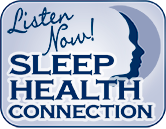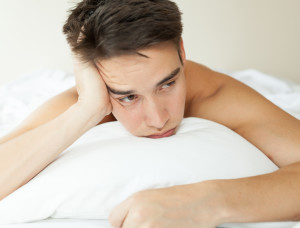Trouble Sleeping? Try One of These 7 Yummy Drinks
Do you have trouble sleeping? Are you tired of being tired?

Trouble sleeping? One of these 7 yummy drinks may help you sleep better!
We all know that caffeinated drinks can prevent sweet slumber and that all caffeinated drinks should be avoided before bedtime if we have trouble sleeping. But these 7 yummy drinks naturally benefit you and encourage quality sleep! No need to avoid them before going to bed. In fact, we suggest you give at least one of the following 7 drinks a try before retiring for the day:
- Peppermint tea
- Chamomile tea
- Raw honey
- Carob powder
- Almond milk
- Tart cherry juice
- Chai seed drink
If you happen to be a tea lover, reach for peppermint tea to promote stress relief, weight loss, better skin and relief of bloating.
Chamomile tea is a nerve relaxant that relieves anxiety, depression and stress. Enjoy a good night’s sleep after sipping a cup of this floral tea. For an added benefit, inhale its wonderful fragrance while it steeps.
Raw honey is especially beneficial when added to a hot drink such as tea. Honey settles coughs and also stabilizes blood sugar levels which promotes sleep.
Is hot chocolate your “cup of tea”? Try replacing the cocoa in your hot chocolate with carob powder. It has great benefits and is more healthful than cocoa. It contains serotonin which promotes a good night’s sleep.
Almond milk is high in tryptophan and magnesium. Both of these ingredients are beneficial to quality sleep if you have trouble sleeping.
Tart cherry juice contains melatonin which increases relaxation and sleepiness.
Finally, chai seed is a “super food” containing omega fatty acids which promote quality sleep.
Click on the link below, and enjoy the entire article. Drink a healthful cup of yummy before you go to bed, kick your trouble sleeping to the curb and enjoy that needed good night’s sleep!
http://dailyhealthpost.com/7-drinks-that-help-you-sleep-better/
Dental Sleep and TMD Center of Illinois, a premiere snoring and apnea treatment center in Naperville, has been providing the CPAP alternative treatment of oral appliance therapy successfully for over 15 years. For more information on this physician-recommended treatment option, visit www.TiredOfSnoring.com, or call us at (630) 369-5508.










(630) 369-5508